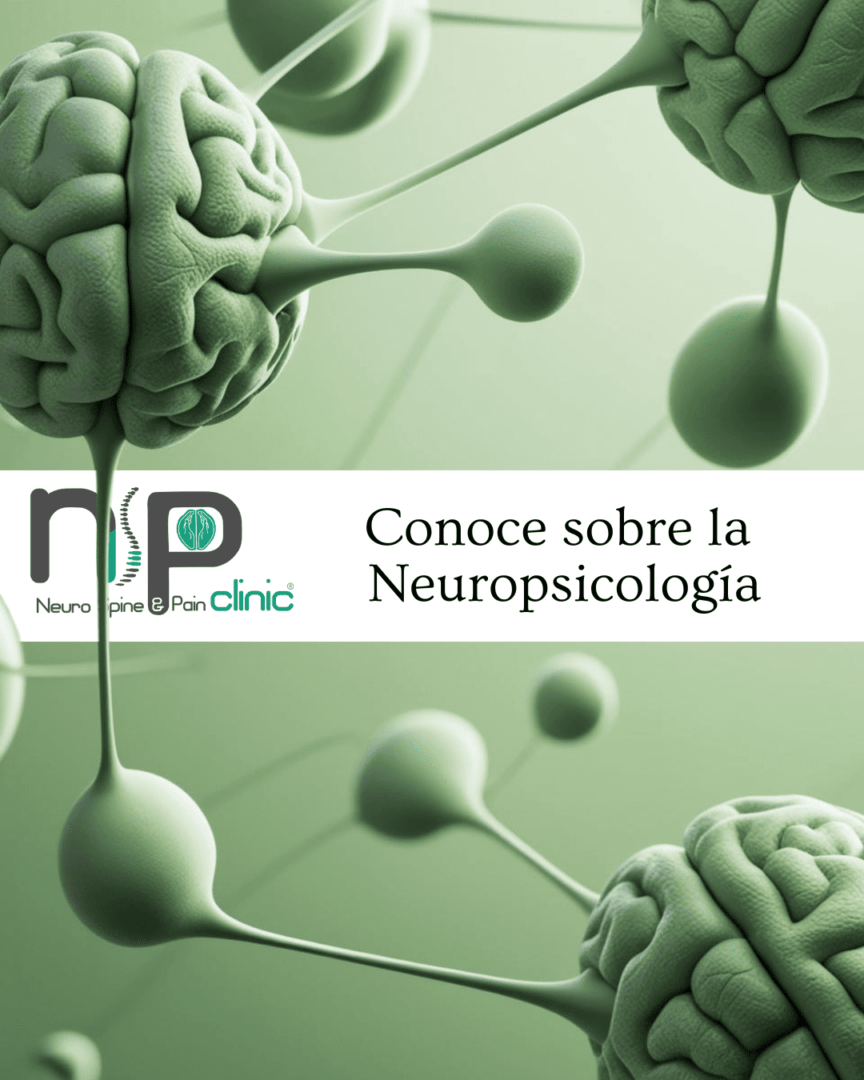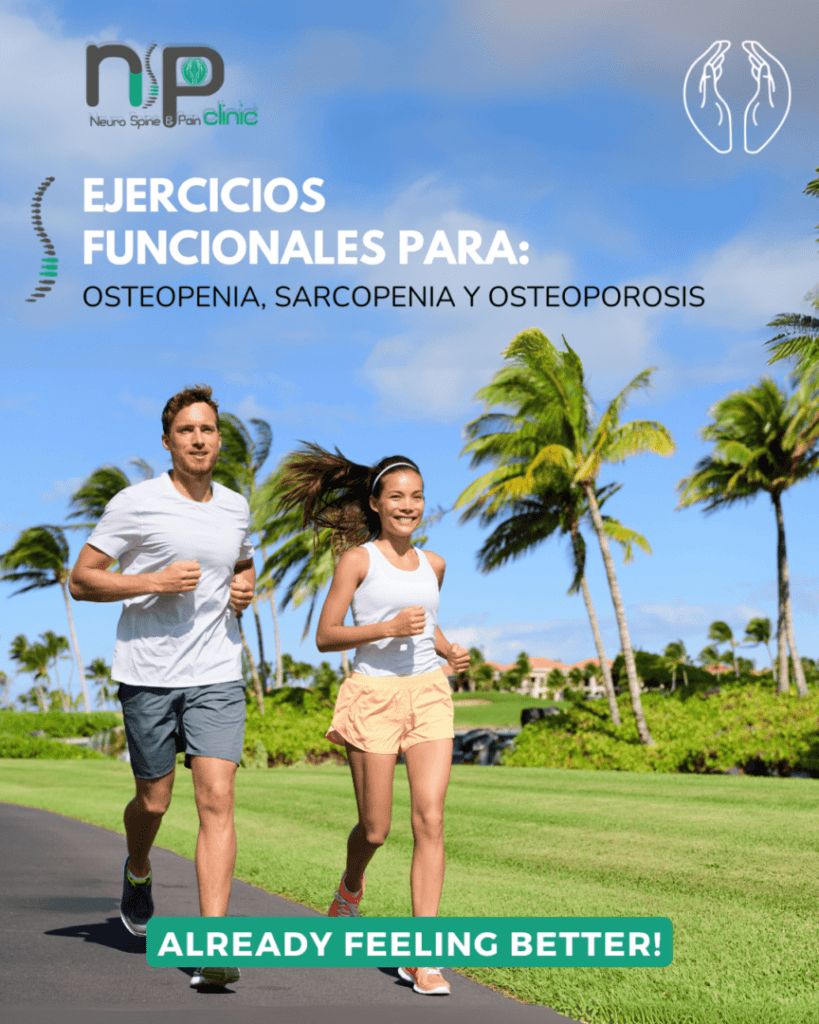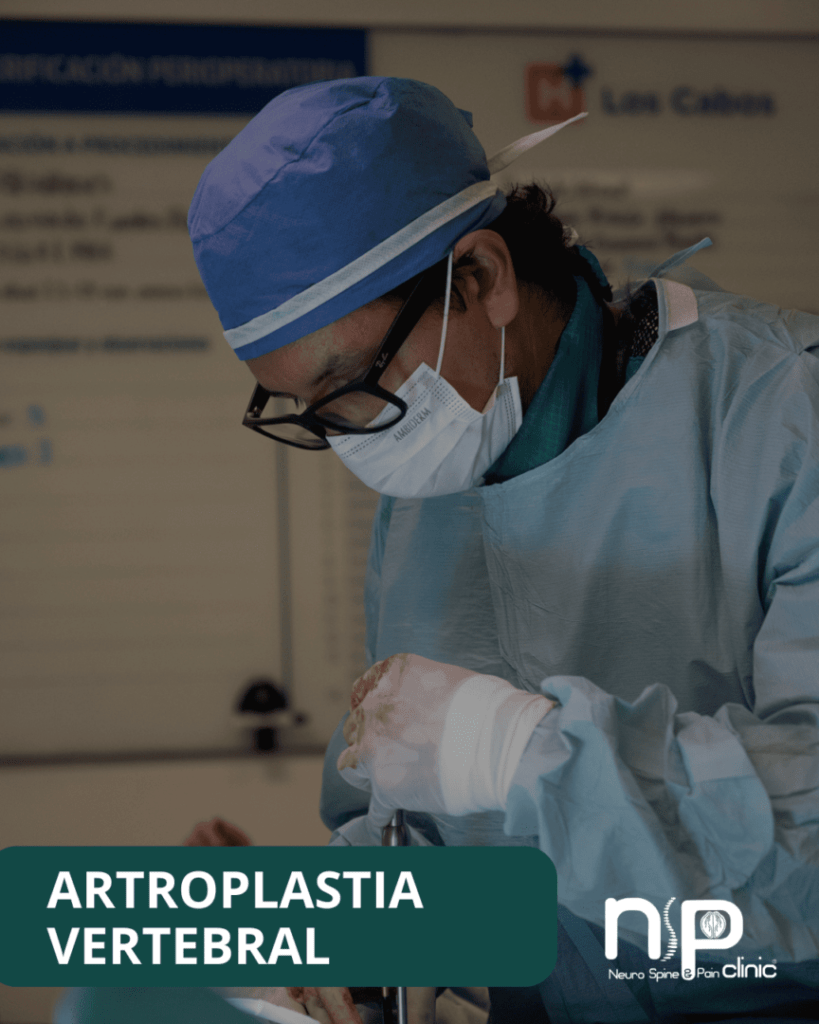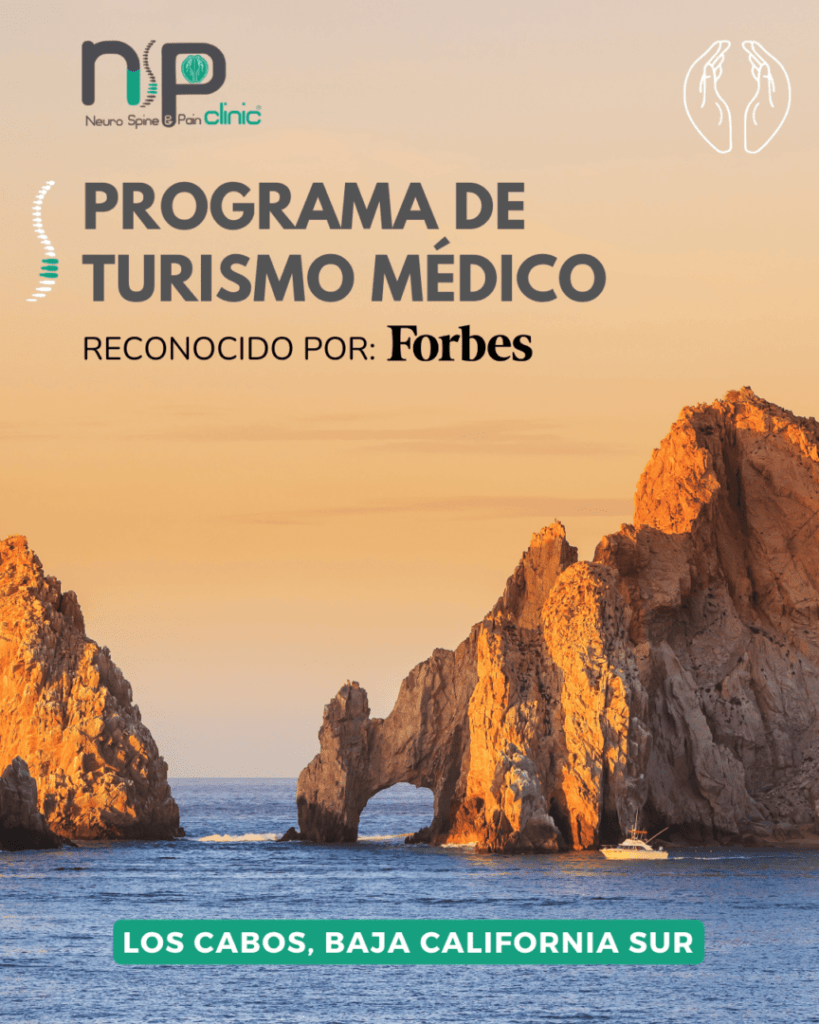This diet today is very famous for its multiple benefits for cardiovascular health because it is rich in antioxidants and polyphenols, and it has also been recognized as helping to prevent aging, hypertension, diabetes, cancer and other diseases associated with inflammation.
Although the concept “plant-based diet” varies widely in definition, there are concepts where it is defined as a diet that completely excludes animal products and there are also concepts that say it is a diet rich in vegetables, fruit, cereals, beans and includes fish. , chicken and yogurt (1). Some “plant-based” diets reduce or eliminate the consumption of highly refined foods such as white flour, sugar and oils. Other publications categorize plant-based diets as semi-vegetarian with a typical American diet with smaller portions or less frequency of animal products, others are classified as pescetarian with or without eggs or dairy, lacto-ovovegetarian with eggs and milk and another is vegan that does not include any animal products. What is known is that multiple studies have shown that plant-based diets, particularly the vegan diet, are associated with an improvement in cardiovascular events and reduce the risk of factors such as diabetes and hypertension. (1, 2)
The plant-based diet, in addition to reducing the risk of cardiovascular diseases, reduces dyslipidemia, which is the impact on blood cholesterol and triglyceride values. The specific components that predominate in the plant-based diet pattern are vegetable fats, vegetable fibers, and phytonutrients such as phytosterols. Plant-based patterns include the Mediterranean diet, the Nordic diet, the DASH diet which is designed to stop high blood pressure, the Portfolio diet, as well as the vegetarian and vegan diet. All of these diets have been seen to reduce cardiovascular risks, such as reducing LDL cholesterol levels, have benefits in dyslipidemia and help manage and prevent cardiovascular diseases.
There is great controversy about whether protein intake is sufficient in a plant-based diet, especially one that is vegan where they do not consume any products of animal origin, protein is a macronutrient responsible for multiple functions in the human body and is made of 20 amino acids. Nine amino acids are not synthesized in the human body and require dietary intake to prevent deficiency.
These essential amino acids are easily obtained through animal protein but are in limited quantity in plants.
High meat consumption is associated with saturated fat consumption and low fiber consumption, resulting in meat consumption being correlated with obesity, heart disease, metabolic syndrome and gastrointestinal cancer, but despite this, diets based In animals they contain high amounts of leucine and other essential amino acids that are associated with a potential anabolic increase and muscle synthesis. Despite this, multiple studies show conflicting results regarding the true benefit of animal-based diets and their relationship with protein intake and the preservation of muscle mass. There are other studies in favor of a plant-based diet because its benefits are greater. health benefit (3)
In conclusion, a plant-based diet, whether with or without animal protein, is the best option for health. This combined with exercise will help you lead a healthy lifestyle, if you are interested in advice on how to lead a healthier life or one come to us at Neuro Spine & Pain Clinic, we can help you.
Bibliography
1. Williams KA Sr, Patel H. Healthy Plant-Based Diet: What Does it Really Mean? J Am Coll Cardiol. 2017 Jul 25;70(4):423-425. doi: 10.1016/j.jacc.2017.06.006. PMID: 28728685. 2. Trautwein EA, McKay S. The Role of Specific Components of a Plant-Based Diet in Management of Dyslipidemia and the Impact on Cardiovascular Risk. Nutrients. 2020 Sep 1;12(9):2671. doi:10.3390/nu12092671. PMID: 32883047; PMCID: PMC7551487. 3. Ewy MW, Patel A, Abdelmagid MG, Mohamed Elfadil O, Bonnes SL, Salonen BR, Hurt RT, Mundi MS. Plant-Based Diet: Is It as Good as an Animal-Based Diet When It Comes to Protein? Curr Nutr Rep. 2022 Jun;11(2):337-346. doi:10.1007/s13668-022-00401-8. Epub 2022 Feb 22. PMID: 35194768.
Visit our social networks and subscribe to our YouTube channel:











